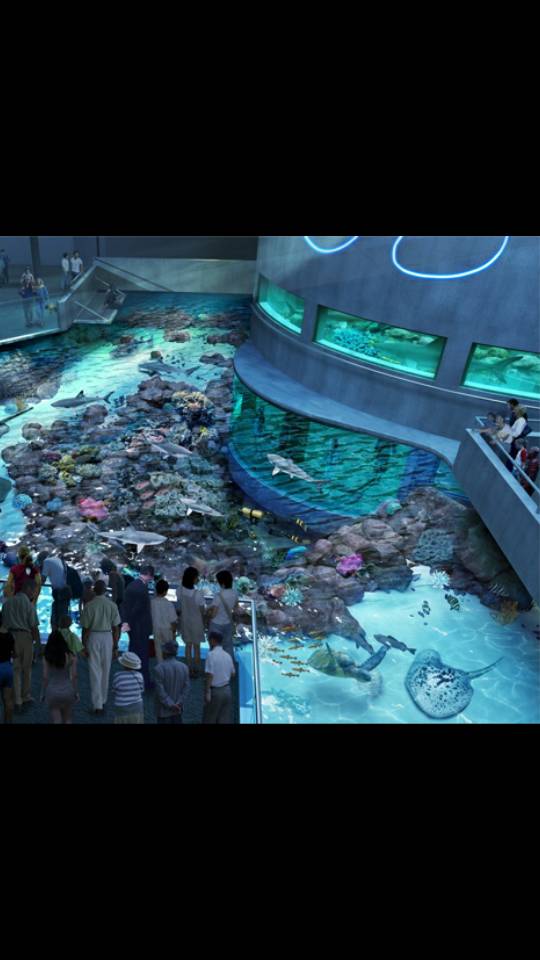Haha dude your opinions are stepping over scientifically proven facts and humbefish has cured and received many fish with active velvet and it’s why we weigh heavily on his advice. I’ll tell you right now if you fail to remove stress from a healthy fish then your QT setup isn’t accommodating ENOUGH! I have a sand dwelling Wrasse in QT as we speak and he was in my DT for 2 months prior. His behavior was stressed for the first Week but I added some sand got better food and soaked them in selcon and now the proof is in puddin baby. I’m sorry you’ve been unsuccessful but it’s not magic I promise.I never said I could get a PBT through QT while eradicating Ich... which is the whole tenet of my posts. Yall say that you can.
And as for the leopard Wrasse.
The Wrasse I’m currently prophylactically treating has the same level of tolerance to chelated copper as the leopard. so I wouldn’t do a TTM full of meds as you’ve described.




















